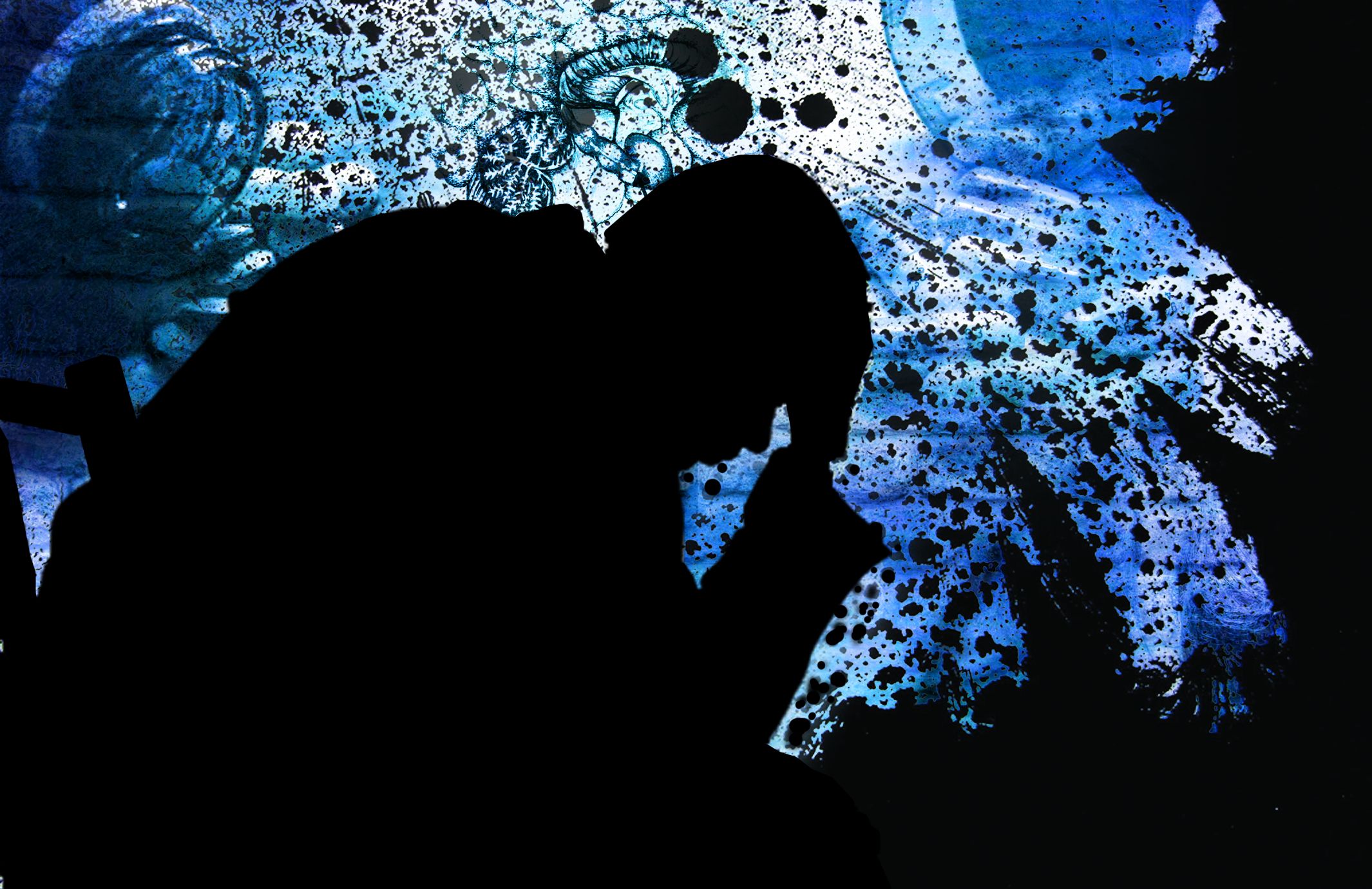It’s a video that fills a parent like me with rage: A judge giving his 16-year-old disabled daughter a vicious beating.
If you watch the video itself, it’s nothing but terrible. The father is pissed because his daughter was apparently grabbing music and videos off the Internet and proceeds to lash her for several minutes. For much of the video, you hear the daughter screaming. The mom is in the video, too, joining in on the beating, though the daughter claims her father forced her mother to do it.
Here are more details (and the video) from CNN:
The graphic video drew international outrage after it was posted by a woman who said she was the victim of the beating seven years ago and that her parents — including her father, Aransas County, Texas, Court-At-Law Judge William Adams — were the ones seen beating and cursing at her in the video.
On Wednesday afternoon, Judge Adams was temporarily relieved of his duties for the next two weeks, and a visiting judge will take over his caseload while the matter is being investigated, according to the office of Aransas County Administrative Judge Burt Mills. No court dates were scheduled this week, Mills’ office said. In an interview with KZTV outside his Rockport, Texas, home Wednesday, Adams confirmed to a reporter that he was the man beating his daughter with a belt and a board on the video, taped in 2004.
“She’s mad because I’ve ordered her to bring the car back, in a nutshell, but yeah, that’s me. I lost my temper,” Adams told the TV station. “Her mother was there, she wasn’t hurt … it was a long time ago … I really don’t want to get into this right now because as you can see my life’s been made very difficult over this child.” Adams continued: “In my mind I have not done anything wrong other than discipline my child when she was caught stealing. I did lose my temper, I’ve apologized. It looks worse than it is.”
Speaking via phone to Texas television station KRIS, a woman who identified herself as Hillary Adams, the daughter in the video, said she posted the video, and criticized her father for “making light of the situation.” “I just can’t believe he would say something like, he doesn’t think it’s a big deal,” she said.
She told KRIS she set up the camera to record the incident seven years ago, but waited for “the right time” to release the video. “Waiting this long to publish it has enabled me to look at it with hindsight and not be so caught up in the passion of the moment,” Hillary Adams said. “I think we do, my mother and I, we do need to try to move on past the anger and just concentrate on getting counseling and help.”
So let’s try to see his side of things…
His daughter appears to be a challenge, the type who drives a parent over the edge. I can relate, because my children can certainly drain me of all patience and sanity. But that’s how most kids get, and I don’t beat my kids over it. When you have children, behavioral challenges is one of the things you sign up for, so to speak.
If you can’t control your rage, maybe the problem has more to do with your ability to be a parent than anything else.
As you can see, I’m having trouble seeing his side of things.
The reason is simple. Most of us lose our patience with our children on a daily basis. We punish them for their transgressions. We even yell when the situation is particularly bad. But most of us keep our hands to ourselves. We don’t smash our children repeatedly in the face.
When I was a kid, my mother took her rage out on us plenty. My sister bore the brunt of the most vicious attacks. Usually the catalyst was over cleaning. My sister was required to do house cleaning every morning before school, and if she missed a spot, she paid for it.
My mother was going through a lot of her own hell back then, and she has admitted more than once that she wished she had acted differently. I forgave her a long time ago. Ours still isn’t a very strong or healthy relationship.
Seven years later, this guy doesn’t think he did anything wrong. No remorse.
Yeah, it’s hard to see his side of things.
I think I speak for all the parents whose kids drive them crazy from time to time; the parents who are driven to the brink but are able to control their fists:
Fuck this guy.
As my friend Joe Yuska said on his Facebook page, “I (and the human race) have no use for someone who beats their kids like this. And to top it off this guy is a judge. Maybe he’ll get locked up with some of the guys he put there.”






 Bands I saw there included Gang Green, The Neighborhoods, Kix, King Diamond, Flotsam and Jetsam, Extreme, The Circle Jerks, Slapshot and The Ramones.
Bands I saw there included Gang Green, The Neighborhoods, Kix, King Diamond, Flotsam and Jetsam, Extreme, The Circle Jerks, Slapshot and The Ramones.




